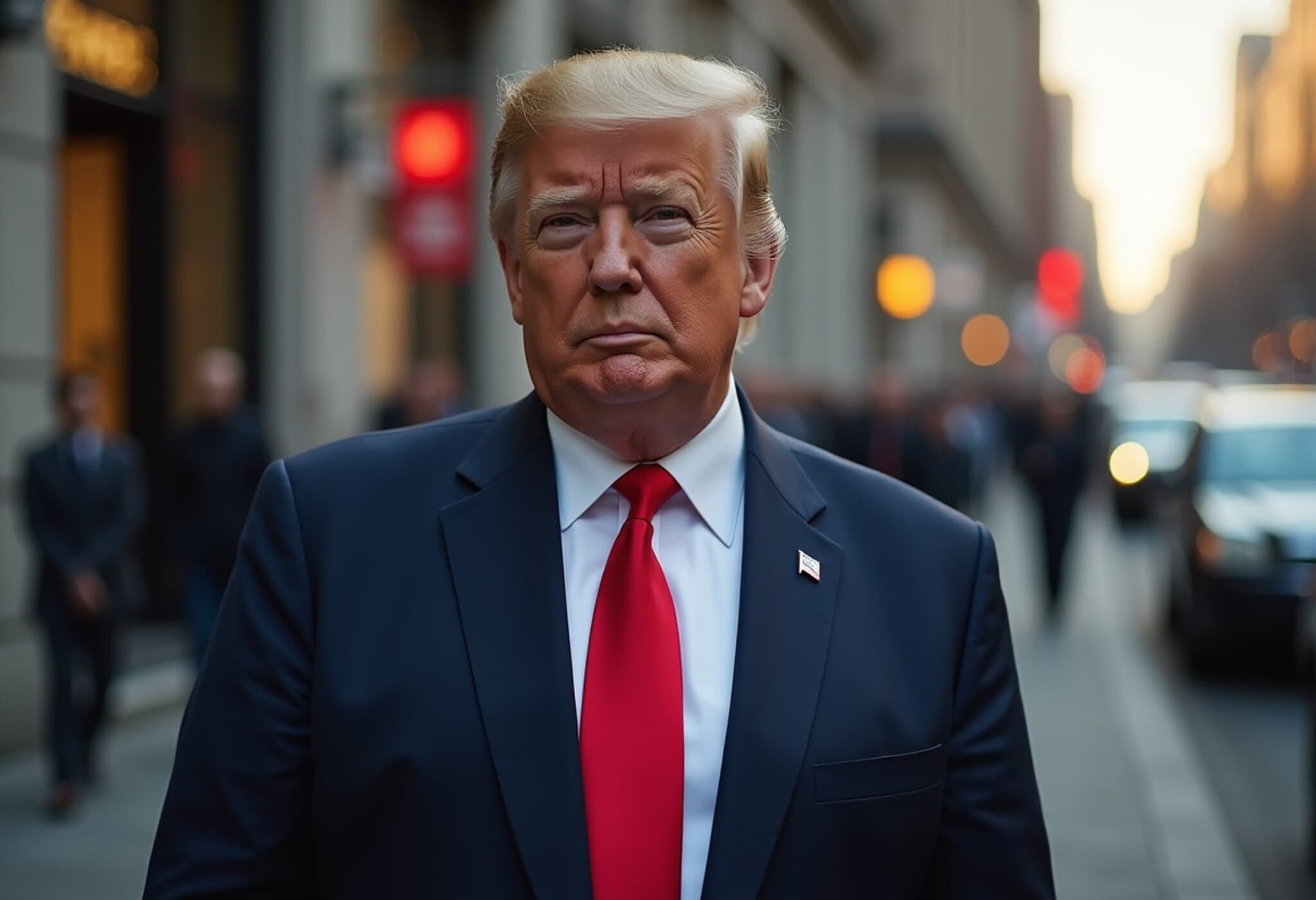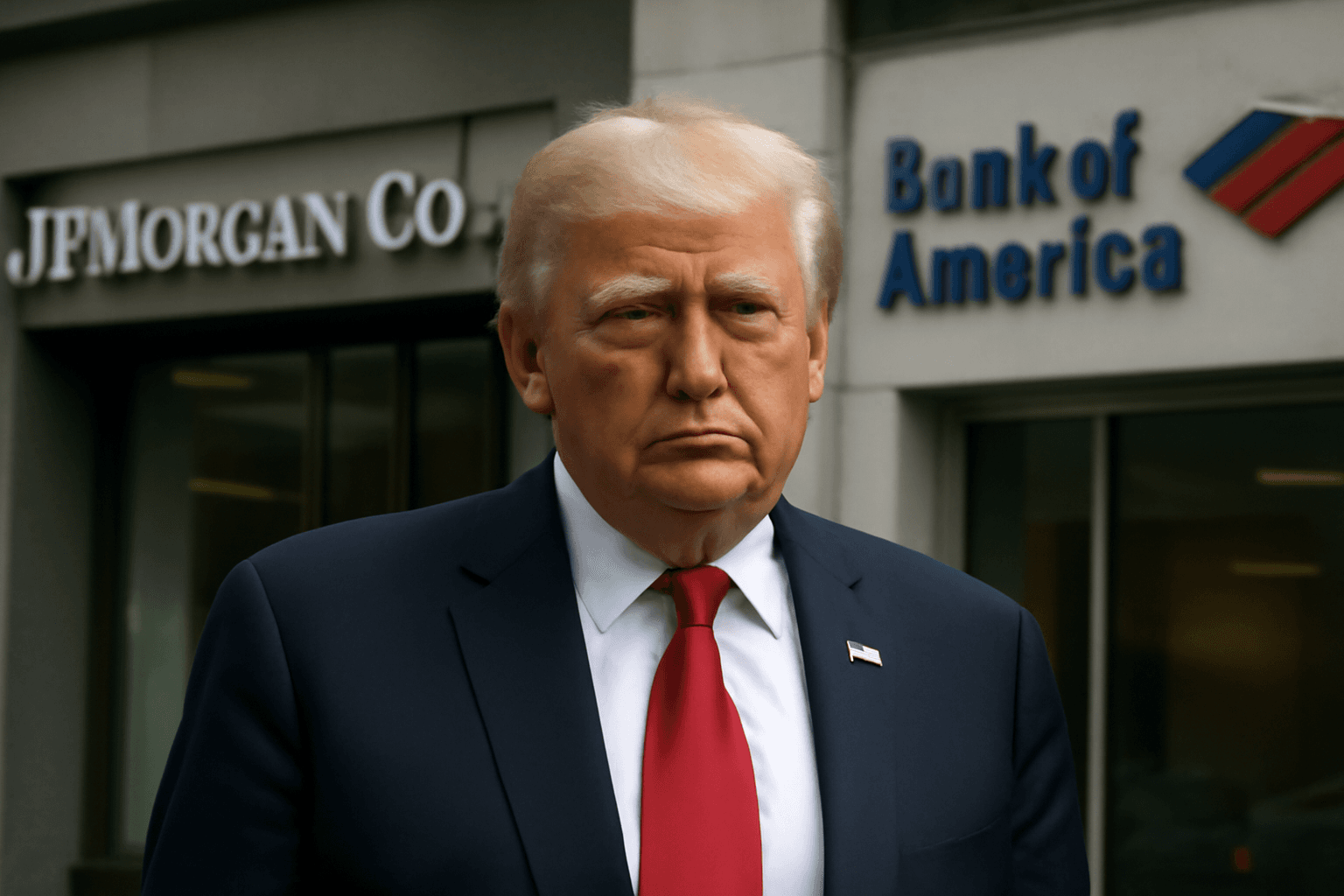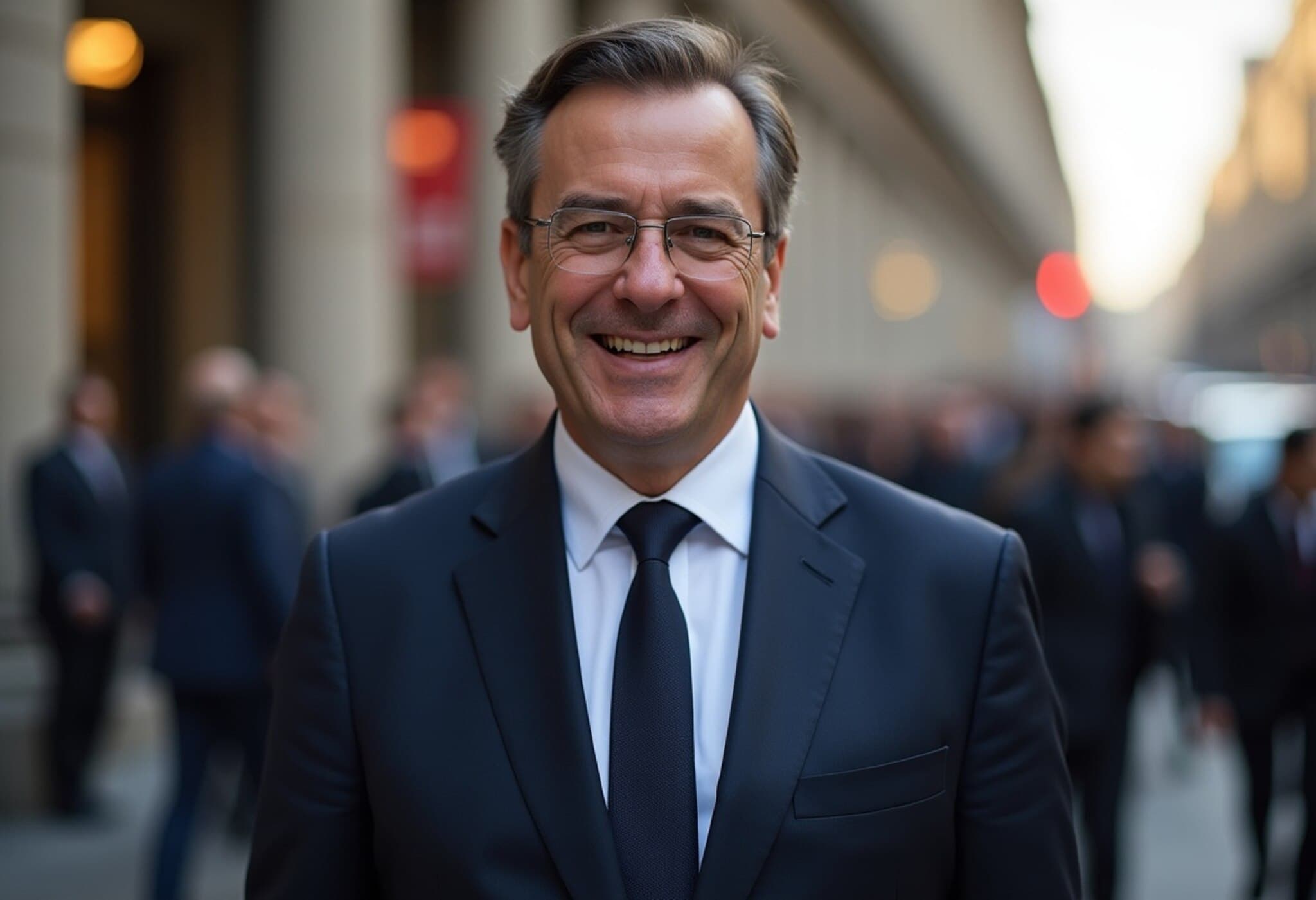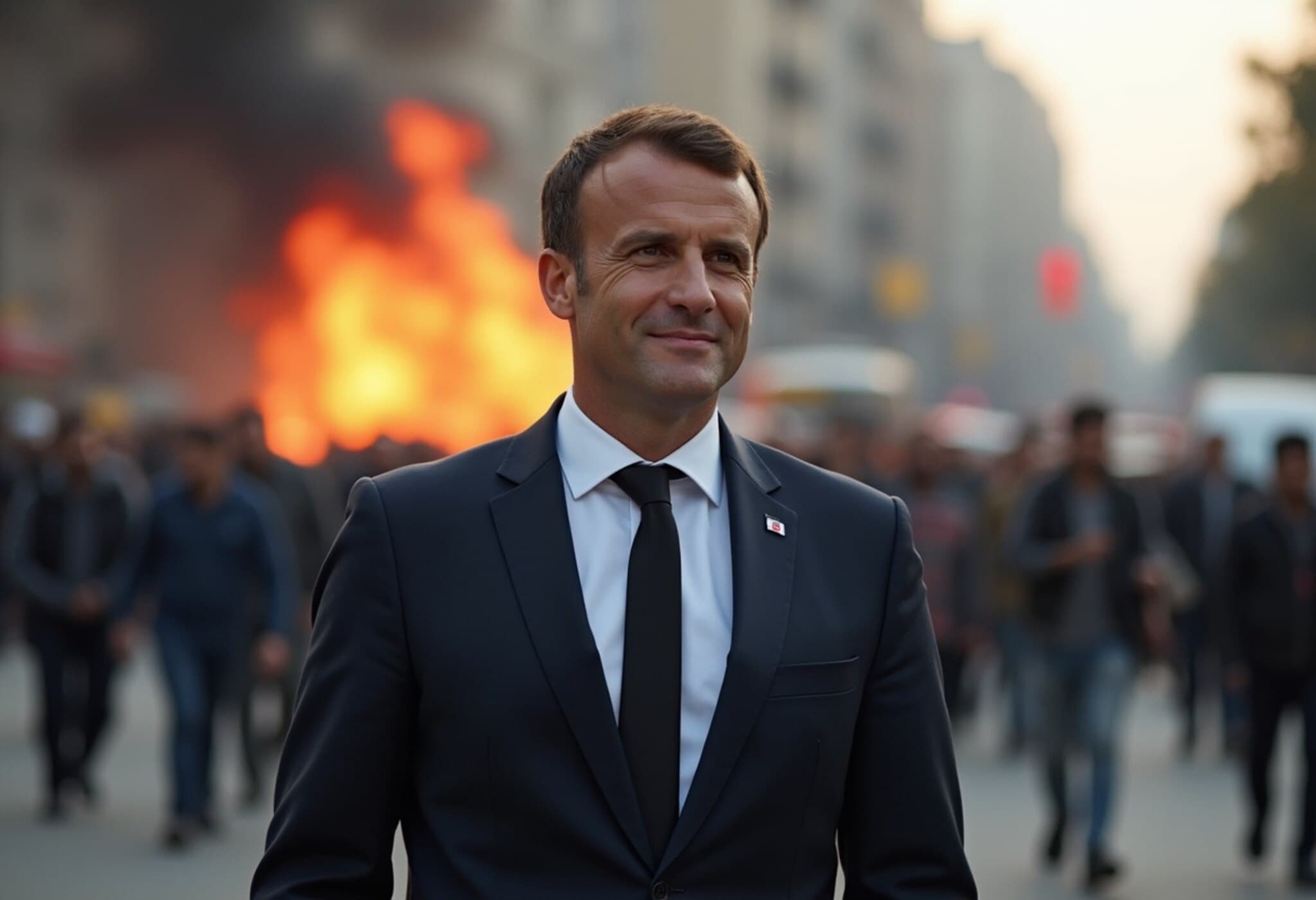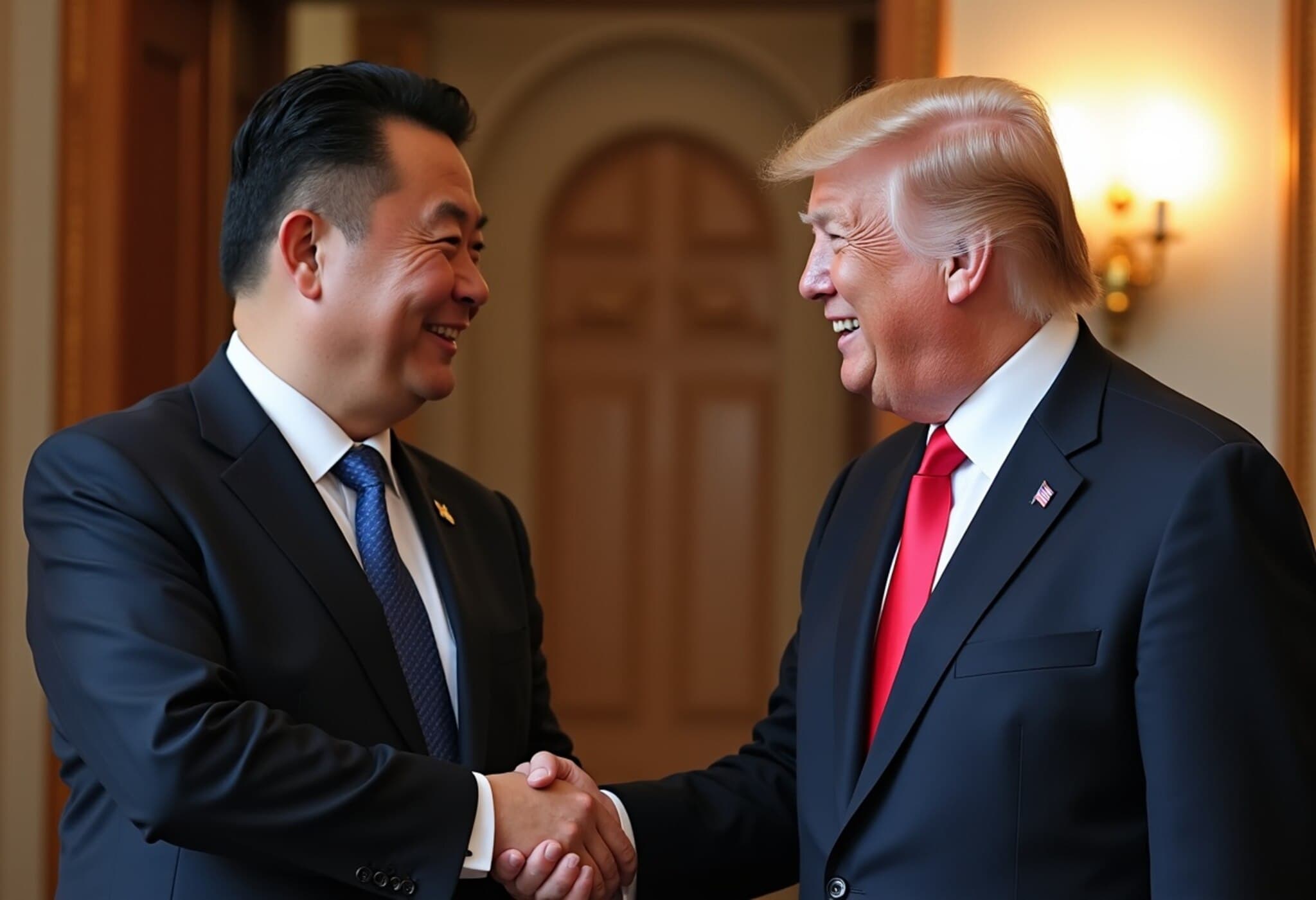French Prime Minister Bayrou Confronts Crucial Confidence Vote on September 8
In the heart of Paris, France stands at a fiscal crossroads as Prime Minister François Bayrou prepares to face a high-stakes confidence vote in the National Assembly on September 8, 2025. The vote will determine the future of his government and the trajectory of France’s efforts to tame a soaring budget deficit through an ambitious €44 billion austerity package.
Fiscal Crisis and Political Gamble
France’s public finances have suffered a steep deterioration, with the budget deficit reaching 5.8% of GDP last year, nearly doubling the European Union’s 3% threshold. Bayrou’s proposed budget plan aims to bring discipline back to the country’s coffers by trimming spending and freezing tax brackets and welfare benefits, maintaining them at 2025 levels rather than adjusting for inflation.
“We face an immediate danger, which we must tackle … otherwise we have no future,” Bayrou warned during a press conference. His candid assessment underscores the urgency of the situation and the controversial nature of the reforms. By calling the confidence vote himself, Bayrou seeks to seize the political initiative and challenge lawmakers to either back his approach or precipitate his government’s fall.
Political Divisions and Historical Echoes
The austerity measures have sparked fierce backlash across the political spectrum, from leftist parties to centrist allies uneasy about the social consequences. The looming confidence vote evokes memories of Bayrou’s predecessor, Michel Barnier, whose government collapsed following a no-confidence vote in late 2024 after just three months, illustrating the fragility of minority governments under intense fiscal stress.
The vote also comes just days ahead of planned nationwide protests on September 10, echoing the disruptive 2018 Yellow Vest movement. That earlier movement, which began with anger over fuel taxes, expanded into a broad rebellion against Emmanuel Macron’s economic reforms. Now, similar grievances—particularly against austerity and social welfare cuts—are uniting unions, left-wing parties, and grassroots activists in a potent challenge to Bayrou’s government.
Social Unrest and Economic Implications
- Planned Protests: Demonstrations scheduled for September 10, fueled by social media mobilization and union support, threaten significant disruption.
- Ongoing Taxi Drivers’ Strikes: Starting September 5, taxi drivers will renew actions opposing proposed cuts in medical transportation compensation.
- Public Backlash: Key budget proposals such as eliminating two public holidays and freezing welfare are particularly contentious.
These social tensions spotlight the broader challenge facing European democracies grappling with balancing fiscal responsibility and social equity, especially in the post-pandemic economic landscape where inflation and public expectations collide.
Expert Commentary: Navigating Between Austerity and Social Stability
From a policy perspective, Bayrou’s predicament illustrates the difficult choices faced by leaders managing fiscal crises amidst political polarization. Economist Dr. Isabelle Martin notes, “France’s deficit trajectory was unsustainable, but austerity measures without accompanying growth initiatives risk deepening social divides and triggering political instability.”
Furthermore, American observers might draw parallels with budget battles in the U.S., where politics often stifle consensus on addressing deficits and social welfare, highlighting the universal tension between short-term pain and long-term fiscal health.
What Lies Ahead?
The confidence vote scheduled for September 8 is not just a parliamentary formality—it is a defining moment that could reshape France’s leadership and policy direction amid growing social unrest. A defeat for Bayrou would almost certainly lead to a government collapse, potentially triggering snap elections and prolonged political uncertainty, complicating France’s ability to meet EU fiscal guidelines and restore investor confidence.
If Bayrou prevails, his government must swiftly engage with citizens and stakeholders to mend social fractures and present a more comprehensive economic vision that pairs austerity with growth and innovation strategies.
Editor’s Note:
The unfolding political drama in France underscores a critical question facing many advanced economies today: How can governments effectively manage fiscal crises without igniting social upheaval? As France teeters on this precipice, the outcomes of the September 8 vote and subsequent protests will offer valuable lessons on the delicate interplay between economic stewardship and democratic responsiveness. For observers, it is a reminder that behind every budget line lies a human story — one where policy decisions ripple through communities, livelihoods, and the very fabric of society.


